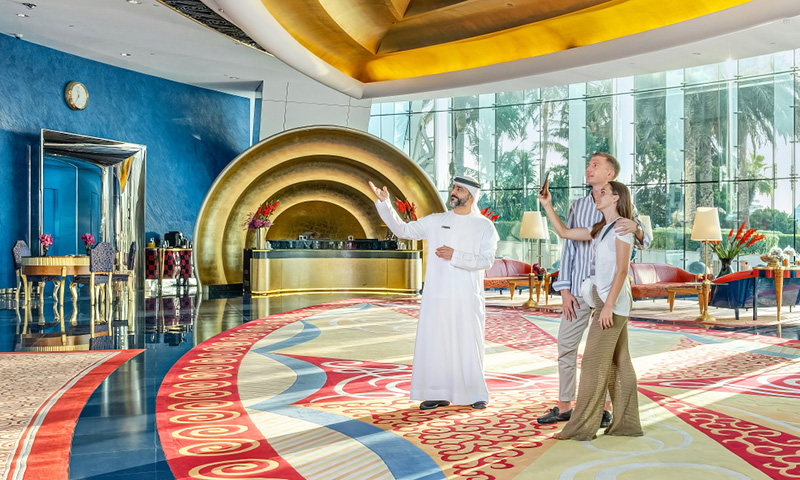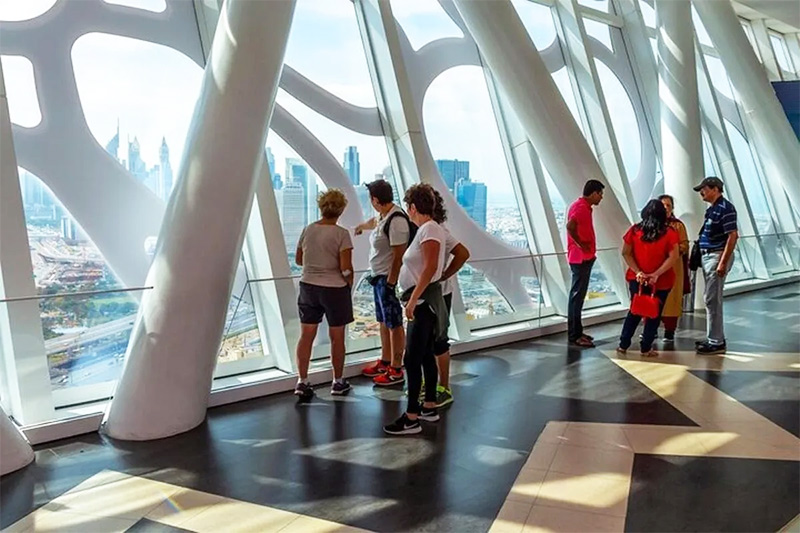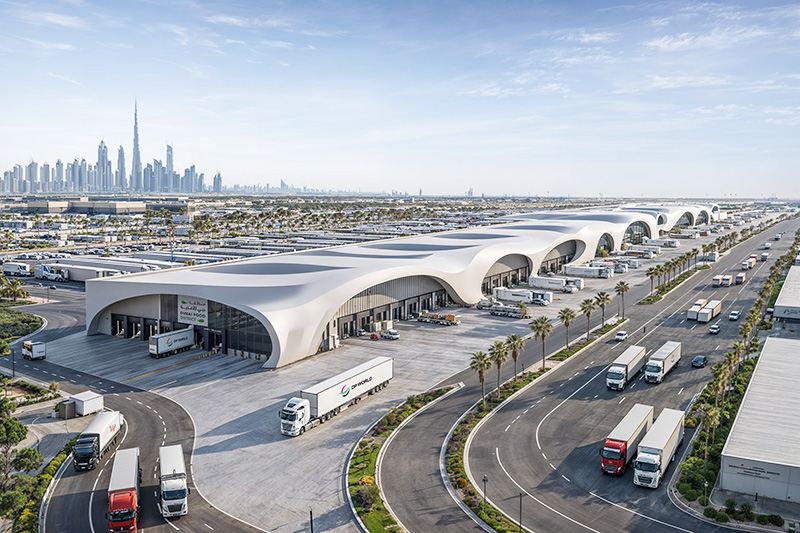
In her book, “When Sands Shift: The Story of Expo Dubai – Creating Hope in Challenging Times,” Reem Al Hashimy, the UAE’s Minister of State for International Cooperation, narrates her journey of leading one of the most innovative global events of the century—Expo 2020 Dubai. Balancing her prominent leadership role with family responsibilities, Al Hashimy offers a candid account of the international and personal challenges she faced while steering a team that brought together nations on an equal platform for the first time.
This success story, rooted in the heart of the Arab world, challenges stereotypes and preconceived notions about the region. The book serves as an inspiration to women and girls both within the region and beyond, presenting an optimistic perspective on international relations amid a rapidly changing global landscape. It also contextualizes the UAE’s broader role, not only in hosting major international events like Expo and COP but also as a mediator between nations and a leader in the Global South.
When Sands Shift is more than a mere chronicle of Expo 2020’s milestones; it delves into moments where determination meets doubt, dreams confront reality, and vision aligns with responsibility. The book’s human element—highlighting challenges, setbacks, and the resilience to rise again—offers profound inspiration. It stands as a testament to the Expo 2020 Dubai message: a model of systematic perseverance and hope.
Readers will find themselves deeply engaged, as the narrative, though straightforward, carries significant depth and impact. With a candid and bold style, Al Hashimy guides readers through various phases, from the bid to host the exhibition to its grand closing. The book’s mature and balanced emotional tone invites readers to experience the journey from within, rather than as external observers.
The depth and influence of the book continually provoke thought, encouraging readers to focus on construction and the future amid global upheavals. During times when it seemed the dream was threatened by challenges—from the global pandemic to political tensions, time constraints, and high expectations—the narrative rises beyond a mere Emirati success story. It embodies a human experience that believes in cooperation, solidarity, and the ability to unite the world under one roof.
In the final chapter, Al Hashimy reveals a rarely discussed personal aspect of her journey. When she took on the responsibility of leading the Expo bid, she was newly married. By the time Expo opened its doors to the world, she was a mother of three children under the age of ten. This intimate glimpse into her life underscores the multifaceted challenges she navigated, blending her roles as a woman, mother, and leader striving to make Expo 2020 a resounding success.









